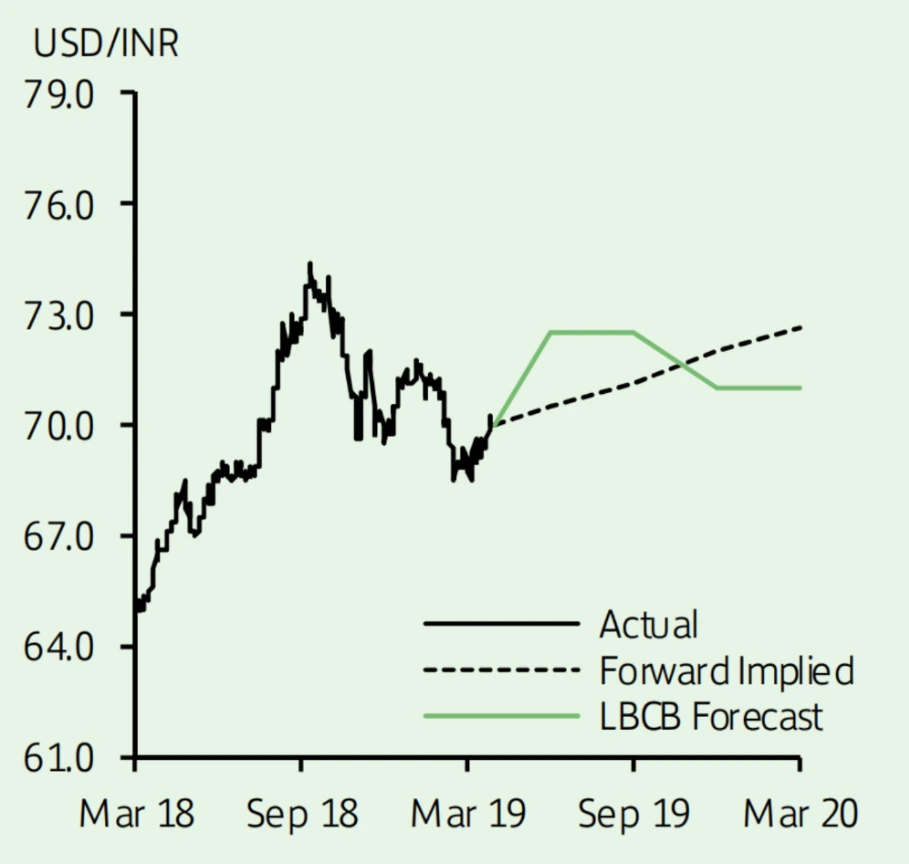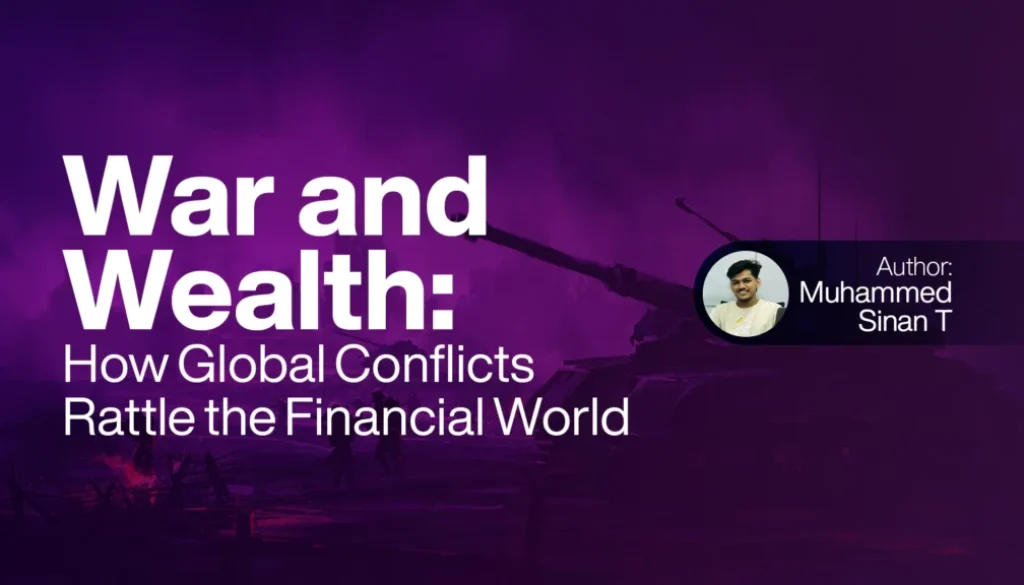War and Wealth: How Global Conflicts Rattle the Financial World
I still remember the first time I really started thinking about how war affects the market.
It wasn’t during a class time or outside i saw a story or a post on instagram. The story or post was about India going through an economic crisis and also that Fuel Should become more expensive too.Because of the lack of fuel or petroleum products . At that time I realised that the war should affect the market very much. Where war should going like this it will be highly effective as bad on the market as like price hike when the cost fuel affect it should affect the total market
That was when I realized war isn’t something that only happens on the battlefield. It’s something that gets into our everyday life, into our kitchens, our wallets, and even our dreams for the future.
Let me now explain to you what I have discovered regarding the impact of war on the market, based on my own research and curiosity. I’m not a politician or an economist. I’m just trying to understand how the world works and how everything is related.
Table of Contents

1. Prices Go up
Here is a real-world example: the Indian rupee fell in value in 2019 as tensions between India and Pakistan increased. As a result, imports of goods including food, electronics, and petrol became more expensive. Companies began to fear. Some even put production on stop. You and I, as regular people, have to spend more on essentials.
Now consider the fight between Israel and Palestine. Considering the fact that it has been going on for decades, international markets always respond when violence starts. Why? due to the nearness of important oil routes in this area. The supply of oil decreases if certain routes are closed or attacked, which raises prices all across the world. Even if we live far away, you and I still finish up spending more for petrol.
2. Investors Become Insecure
You may recognise the stock market as an arrangement of mixed numbers and arrows if you’ve ever seen it on the news. The core idea, however, is that investors expect businesses they fund to expand and turn a profit.
Investors panic during war, particularly between powerful nations like India and Pakistan. What happens if factories shut down? What happens if the government begins to favour defence over other areas? What happens if the nation’s power, internet, and road systems are damaged?
Stock prices decline as a result of people withdrawing their money due to these anxieties. One panic move causes another, or so the expression goes.
Actually, stock markets in the Middle East and globally fell nearly immediately when Israel and Hamas conflict started in October 2023. Airlines and travel agencies suffered, but oil companies profited.
3. Businesses and Jobs Have been impacted
There is no business in war zones. Shops close, employees remain at home, and production stops when rockets are launched and curfews are announced.
Local businesses in places affected by conflict, such as Gaza, are frequently destroyed. All schools are closed. Overcrowding occurs in hospitals. The weight of conflict causes the entire economy to collapse. Similar disturbances occur in border areas in Pakistan and India. People travel in search of safety, transportation freezes, and farming stops.
Business confidence is impacted by uncertainty, even when it is not on the battlefield. A Mumbai-based firm may postpone its expansion plans if the war with Pakistan is suddenly mentioned. Customers, employees, and suppliers are all impacted by the delay. It’s the result of a domino effect.
4. Changes in Government Spending
A country must invest heavily on defence, security, and weapons when it enters a war. There must be a source for that money. Typically, governments either reduce spending on infrastructure, health care, or education, or they create more money, which causes inflation.
According to a newspaper: countries like Israel, Pakistan, and India spend a significant portion of their national budgets to military spending. India has the third-largest military expenditure in the world in 2022, with an estimated $76 billion
What if even half of that money had been used to construct hospitals or schools or for the pover peoples of the country as well? The things we could have had but didn’t because of conflict are the opportunity cost of war.
5. The Human Side of the Market
We like to forget about this.
There is a human behind every market statistic. A store owner. A farmer. A taxi. A student.
I watched recordings of kids learning in bomb shelters and stores that were destroyed during the Israel-Gaza conflict in 2021. Cross border trade stops when tensions between India and Pakistan increase. Thousands of workers lose their jobs, particularly in the transportation and agricultural industries.
War ultimately claims more than simply lives. It destroys potential, peace, and progress.
What Can We Do About I
One night, I was watching a T.V unexpectedly viewed news like this where a Palestinian farmer saidAll we want is to cultivate olives peacefully. I couldn’t get that line out of my mind. Markets grow when there is no conflict. Stability is essential for growth. Fear blocks development.
It helped me realise that peace benefits the economy as much as people.
War-avoiging nations usually enjoy greater rates of economic growth. Take Switzerland or Singapore, for example. mainily investing in tanks and missiles, they have made investments in infrastructure, innovation, and education. And as a result, their people enjoy better lives.
Conclusion
As the Best Freelance Digital Marketing Expert in Malappuram I have studied that the effects of war reach far from the battlefield and have a more impact on daily life. It affects the stock market . destroys investor confidence and pushes up the cost of essentials like food and petrol. Families experience financial difficulties, businesses are forced to close, and jobs are lost. Governments begin to spend less on vital services like hospitals and schools and more on weapons. Above all, however, conflict harms regular people who simply look for a better life, such as families, workers, and students. It is essential to understand how war impacts the industry because of this. It serves as a reminder that peace benefits not just the world but also the economy and each and every one of us.
Author Info
Muhammed Sinan T, a Freelance digital marketing Expert in Malappuram.
Learner of CDA Digital Marketing Course in Kerala.




